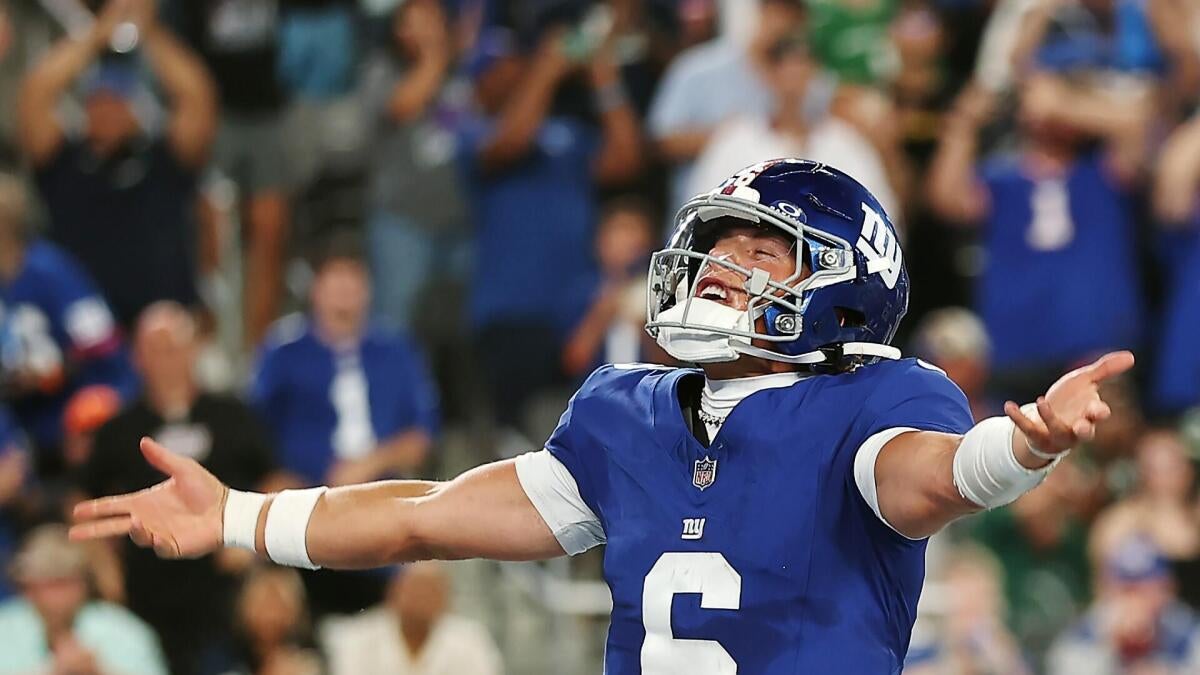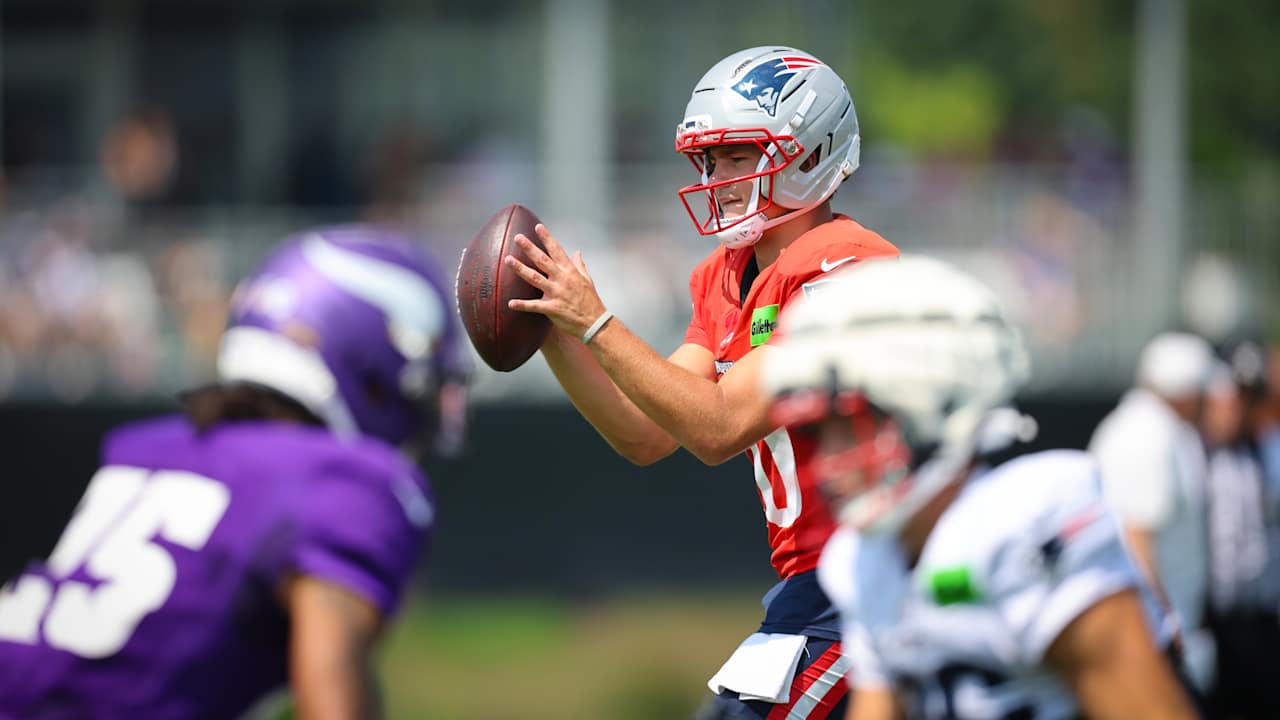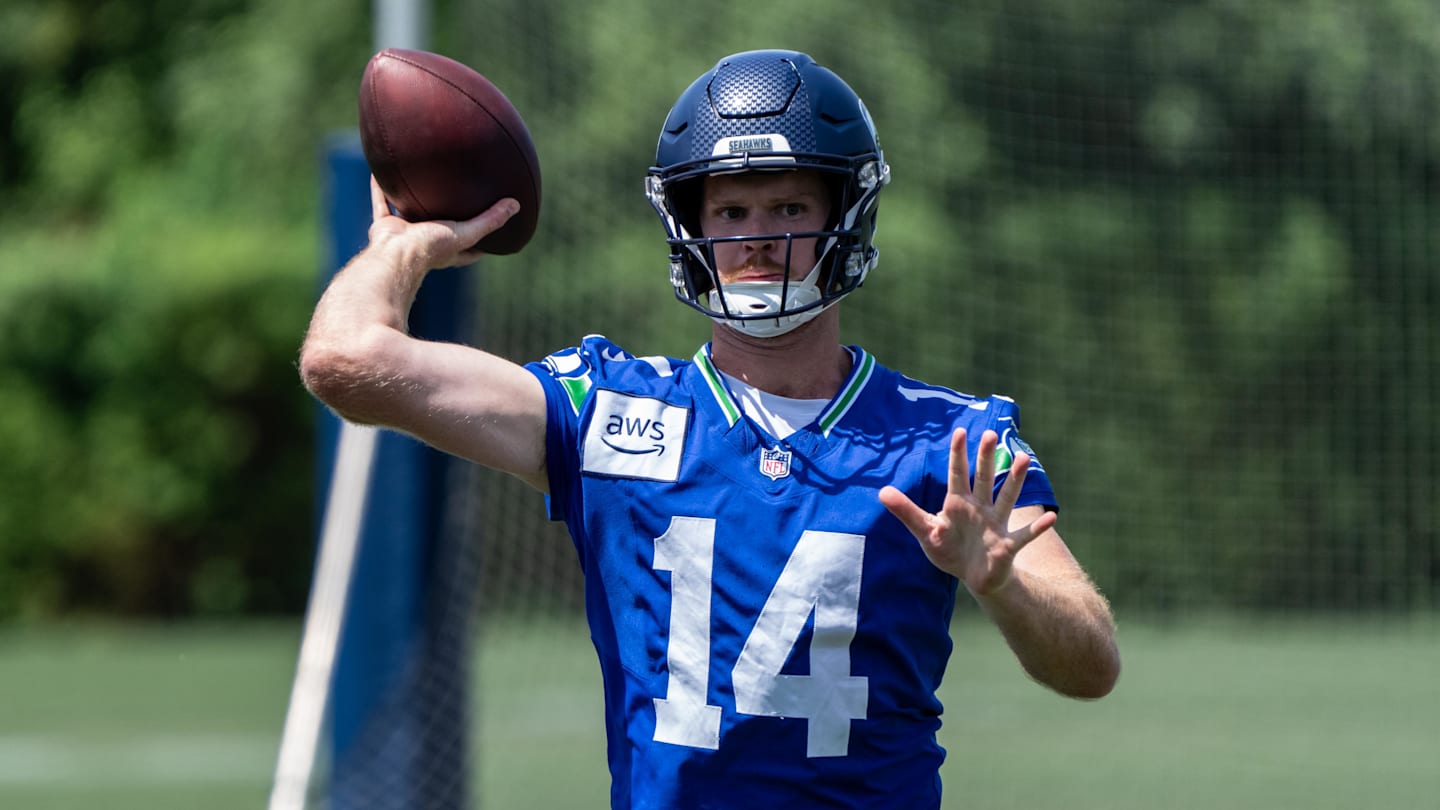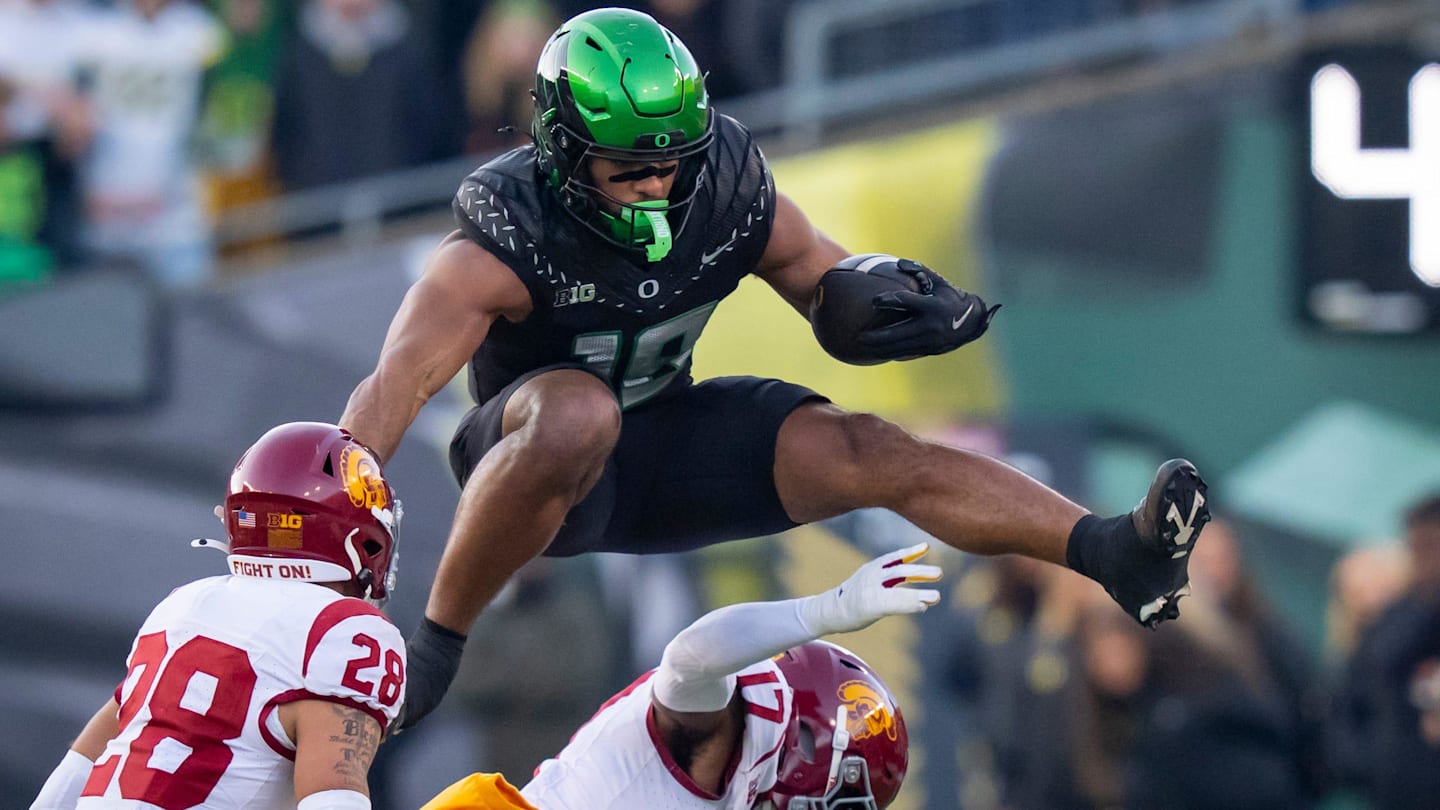Michigan Caught in Scandal

Introduction
In 2023-24, Michigan was caught in a sign-stealing scandal that resulted in a hefty fine and a suspension of their current coach, Sherrone Moore. The scandal brought negative attention to the football program and left many wondering how the university would respond to the punishment.
The Fallout
The NCAA fined Michigan tens of millions of dollars, making it one of the largest fines in college football history. Along with the fine, Moore was suspended for a third game as a result of his involvement in the scandal. This punishment not only affects the coach, but also the team and the university as a whole. The Wolverines will have to navigate through the season without their coach and the program's reputation will inevitably take a hit.
Harbaugh's Response
Michigan's head coach, Jim Harbaugh, addressed the punishment in a press conference, expressing his disappointment and taking full responsibility for the actions of his staff. He also emphasized the importance of following the rules and maintaining integrity in the sport. Despite the setback, Harbaugh remains optimistic, stating that the team will use this experience as motivation to come back stronger and prove themselves on the field.
About the People Mentioned
Jim Harbaugh
Jim Harbaugh, born December 23, 1963, is an American professional football coach and former NFL quarterback. He is currently the head coach of the Los Angeles Chargers in the National Football League (NFL). Harbaugh played college football as a quarterback at the University of Michigan from 1983 to 1986, setting school records and finishing third in Heisman Trophy voting in 1986. He was drafted in the first round of the 1987 NFL Draft by the Chicago Bears and played 14 seasons in the NFL for five teams, including the Bears and Indianapolis Colts. His best playing season was in 1995, when he led the Colts to the AFC Championship Game and earned AFC Offensive Player of the Year and NFL Comeback Player of the Year honors[1][4]. After retiring as a player, Harbaugh transitioned to coaching, starting as a quarterback coach for the Oakland Raiders in 2002. He served as head coach at the University of San Diego (2004–2006), turning the program into a conference champion, then at Stanford University (2007–2010), where he led the Cardinal from a 1–11 season to an 11–1 campaign and an Orange Bowl victory in 2010. Harbaugh moved to the NFL as head coach of the San Francisco 49ers (2011–2014), leading the team to three consecutive NFC Championship Games and an appearance in Super Bowl XLVII, where they narrowly lost to the Baltimore Ravens[2][4][5]. In 2015, Harbaugh returned to Michigan as head coach, where he compiled an 86-25 record over nine seasons, producing multiple 10-win seasons, Big Ten titles, and two College Football Playoff semifinal appearances. In 2023, he led Michigan to a perfect 15-0 season, the most successful in program history[2][7][9]. Known for his energetic coaching style and ability to revitalize programs, Harbaugh remains a prominent figure in American football.
About the Organizations Mentioned
NCAA
The National Collegiate Athletic Association (NCAA) is a nonprofit, member-led organization committed to the well-being and lifelong success of college athletes in the United States and Canada. It governs collegiate sports for over 500,000 student-athletes across about 1,100 member institutions in three divisions (I, II, and III), each tailored to different sizes and competitive levels of schools. The NCAA annually awards nearly $4 billion in athletic scholarships and supports student-athletes in achieving academic success at rates higher than their general student peers[1]. Founded in 1906, the NCAA adopted its current three-division structure in 1973 to ensure fair competition and broaden championship opportunities. Division I schools typically have the largest enrollments and athletic budgets, offering the most scholarships, while Divisions II and III emphasize academic achievement and broad participation, respectively[1]. The NCAA headquarters is located in Indianapolis, Indiana, where it celebrated 25 years in the city in 2024[1]. The NCAA oversees national championships in 24 sports with about 90 events annually and manages extensive rules and policies that member schools and conferences implement. Recent years have seen transformative changes, notably the *House v. NCAA* settlement effective July 2025, allowing schools to pay athletes directly and altering scholarship roster limits, marking a historic shift in college sports governance and athlete compensation[2]. This settlement reflects evolving business and legal landscapes impacting collegiate athletics, influencing financial models and athlete rights. The NCAA also continuously updates governance, compliance, and championship structures. For example, in 2025, new legislation separated men’s and women’s fencing championships and considered adding emerging sports like stunt cheerleading to promote diversity and participation[3][6]. Additionally, debates persist over governance reforms, especially concerning Division I FBS football’s unique revenue and regulatory status, with calls for independent oversight to address financial and equity challenges[7]. In summary, the NCAA is at the intersection of sports, business, and technology, adaptin
University of Michigan
The University of Michigan, founded in 1817, is a leading public research university renowned for its academic excellence and innovative contributions. Located in Ann Arbor, Michigan, it serves over 52,000 students and employs a faculty of 8,000, making it one of the largest and most diverse institutions in the United States[1][4]. The university is a founding member of the Association of American Universities and is classified as an "R1: Doctoral Universities – Very high research activity" by the Carnegie Classification[4]. ### History and Mission Since its inception, U-M has been a national model for public higher education, focusing on research, education, and community service. Its mission is to create, communicate, preserve, and apply knowledge, fostering leaders who challenge the present and enrich the future[1]. ### Key Achievements - **Research and Rankings**: The University of Michigan ranks third among American universities in research expenditures. It has achieved numerous top rankings in various fields, including being ranked as the #1 U.S. public university by QS World University Rankings from 2019 to 2023[4][5]. - **Sustainability**: The university has successfully reduced greenhouse gas emissions by 25% ahead of its 2025 goals, reflecting its commitment to sustainability[6]. - **Innovation and Partnerships**: U-M is investing heavily in infrastructure and partnerships, such as the University of Michigan Center for Innovation in Detroit, to drive economic and educational growth[3]. ### Current Status Currently, the university is undergoing significant developments outlined in its **Campus Plan 2050** and **Vision 2034**, focusing on enhancing infrastructure, promoting sustainability, and fostering interdisciplinary research[2][3]. U-M is also expanding its presence in various regions, including Detroit and Flint, through new facilities and programs[3]. ### Notable Aspects - **Athletics**: The university's athletic teams, known as the Wolverines, compete in the Big Ten



















